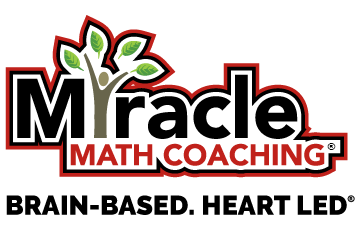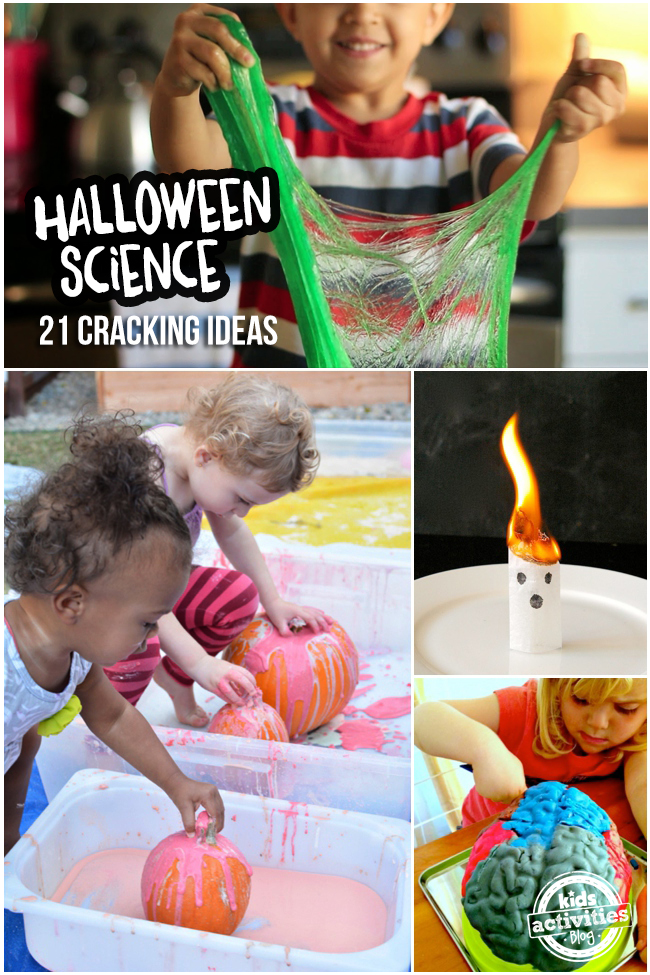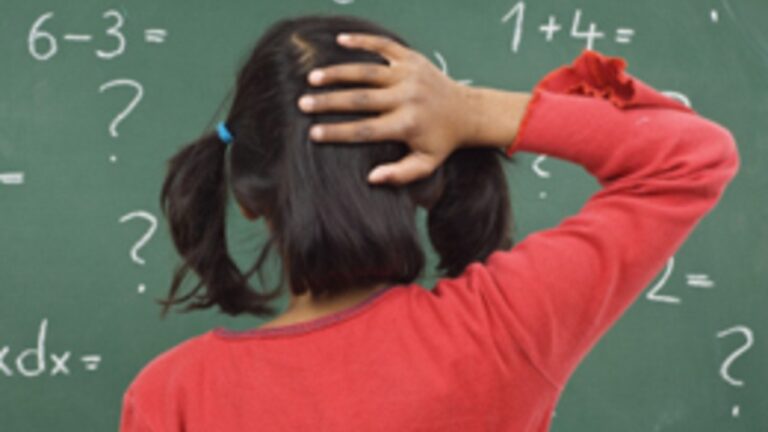Learning from Mistakes

For most students, teachers, and parents, mistakes evoke negative feelings. Despite this fact, it has been proven again and again that mistakes are actually considered to be the best teachers.
Not only are errors – particularly in the field of mathematics – considered to be an extremely powerful tool in diagnosing issues in learning, but they are also an excellent means of creating a system of remediation.
Mistakes bring about an increased level of awareness in regards to the challenges associated with learning mathematics and individual learning processes.
Mistakes are an excellent means of learning math and they should be harnessed to assist students in reaching their personal academic best.
The Previous View on Mistakes in Mathematics
Based on the earliest assumptions regarding mistakes – which was based on the behavioristic theory of psychology – mistakes were viewed as situational-based incidents and pure ignorance.
Teachers, tutors, and parents often viewed mistakes made by students as “carelessness”, “laziness”, “a lack of effort”, and/or as a “result of low confidence or self-esteem levels”.
The truth of the matter is, that view has now changed – for the better.
Today’s View on Errors in Mathematics

Today, it has been determined that errors in math are a direct result of a student’s past experienced within the mathematics classroom. They illustrate the fact that the student is experiencing an individual difficulty.
They have failed to grasp certain mathematical concepts, skills, and techniques that have been previously introduced. The mistakes made will continue to be made unless teacher/tutor/parent intervention is achieved and they are taught the correct method.
Some mistakes result from problems stemming from the student’s ability to receive and effectively process information. Some mistakes result from the variables associated with the interaction between the student and the teacher or curriculum or environment. Some mistakes are a combination of all of the above.
“I have not failed, I’ve just found 10,000 ways that won’t work.”
~ Thomas Edison
Creating an Error-Friendly Learning Environment

Mistakes should not be condemned. If they are, the opportunity transitions from a source for academic growth to the development of psychological complications that will result in intense, negative feelings/emotions towards the learning process. This, in turn, will effectively “turn off” the student that is experiencing difficulties to the subject matter, as a whole.
Teachers, academic coaches, parents, and other adults involved in a child’s mathematical development should sway away from placing a high emphasis on facts and figures and should place more of an emphasis on the act of developing various mathematic competencies such as solving/working out problems, the art of reasoning, critical thinking skills, and communicating in a mathematical fashion.
The learning environment should be created in such a way that it offers numerous opportunities that help to stimulate the deep reasoning and critical thinking skills of the student. It should also incorporate the following to ensure the child’s highest level of academic success:
- Each student should be encouraged to explore mathematical skills and concepts in a relaxed and fun environment. For example, younger students may be provided with real money to help build money skills while older kids could be encouraged to take part in preparing recipes to enhance their fraction and geometry skills.
- Students should be informed that not all math problems have one correct answer or one means for obtaining the correct answer.
- All students should be taught that critical thinking and reasoning skills are essential for complete comprehension and that all questions are important. They should continue to walk through steps and ask questions until it “clicks” for them.
- In the past, English and mathematics were often seen as two entities in schools. These should be combined. In mathematics, students should be able to understand word problems, be taught to look for context clues, and should be able to verbalize their ideas and communicate effectively through the spoken and written word.
- Regardless of level of understanding or of mistakes made, all students should be approached, talked to, and treated in a positive manner so that it builds up their confidence levels – not just in math, but across all academic subjects.
How to Stimulate Cognitive Development Through Math Mistakes
There are numerous methods that may be used to stimulate cognitive development through mathematical-based mistakes. For examples to use with your students, consider the following:
- Provide students with papers that have problems solved incorrectly by others, rather than papers where they must solve the problem themselves. Have them search for the errors made, explain those errors, and then correct them. This will help foster their ability to understand the skills and concepts more effectively.
- When a student has to come up with their own answers, they are in “performance-orientation” mode; however, when they have to look for the errors in the works of others, they will then enter into “learning-orientation” mode. In this mode, they are actually analyzing a solution rather than using math rules that they have memorized to just give an answer.
- Provide your students with “real life” problems that have been improperly solved by others. By finding the mistakes, they will experience a higher level of motivation. Additionally, they will identify a correlation between real life and mathematics.
To spark innovation and creativity, we must revert from the traditional approach to mistakes made by students when learning mathematical skills and concepts. Errors are no longer viewed as a characteristic of a student that is not trying. They are viewed as an excellent means of acquiring knowledge that has yet to be successfully acquired to ensure optimal success.
We here at Miracle Math Coaching make it our goal to help each student reach that level of comprehension that will allow them to master mathematical skills and concepts.
Our academic team does not simply promote memorization. They help students develop reasoning and critical thinking skills to see mathematics as an intricate part of our day-to-day lives.
Just as experience is the best teacher for other areas of our lives, we believe it is also the best experience for students.
To help your child achieve their personal best, contact us immediately.







